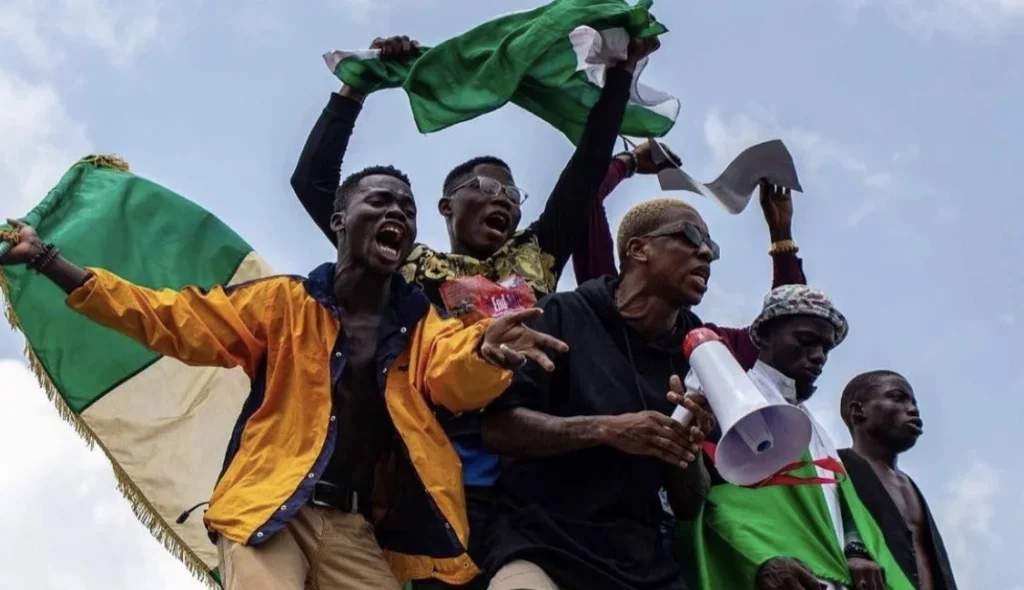On October 20, 2020, Nigerian Army vehicles left Bonny Camp at 6:29 p.m., reaching Lekki Toll Gate by 6:45 p.m., where soldiers opened fire on peaceful #EndSARS protesters, per Amnesty International’s timeline.
The attack, targeting unarmed demonstrators against police brutality, killed at least 12, with many injured or missing.
Social media videos verified by Amnesty’s Crisis Response team show military vehicles en route, passing embassies.
Osai Ojigho, Amnesty’s Nigeria Director, condemned the authorities’ cover-up, noting dismantled CCTV cameras and cut electricity before the shooting.
Cover-Up Attempts Raise Questions
Amnesty reported that the Nigerian military prevented ambulances from aiding victims, and bodies were removed to obscure evidence.
Ojigho questioned who ordered lethal force, why CCTV was disabled, and who cut power.
Initial denials of military involvement and casualty claims were contradicted by a CNN investigation, forcing the Army to admit using live bullets, per a December 2020 Democracy Now! report.
The Lagos Judicial Panel later confirmed 48 casualties, including 11 deaths, labeling it a “massacre.”
Context of #EndSARS Protests
The #EndSARS movement, sparked on October 8, 2020, demanded an end to Special Anti-Robbery Squad (SARS) brutality. Protests grew after years of documented abuses, with 56 deaths nationwide by late October, per Amnesty.
The Lekki Toll Gate, a protest hub, saw peaceful demonstrators waving flags and singing the national anthem before the attack.
The government’s claim of “no deaths” and “blank bullets” was debunked by videos, including DJ Switch’s Instagram Live, showing live ammunition.
Evidence and Investigations
Amnesty’s timeline, backed by social media footage, tracks military vehicles from Bonny Camp to Lekki via Ozumba Mbadiwe Avenue.
Photos captured soldiers firing, with bullet casings later verified as live rounds by CNN and the Balkan Investigative Reporting Network.
The Lagos Judicial Panel’s 2021 report indicted the Army and police, noting their refusal to allow medical aid and attempts to clean bloodstains.
The panel’s findings, leaked on November 15, 2021, confirmed a deliberate attack on unarmed protesters.
Calls for Justice and Reform
Amnesty urged Nigeria to prosecute those responsible and protect assembly rights. The panel recommended dismissing involved officers, reforming police, and memorializing Lekki Toll Gate.
However, skepticism persists, with analysts like Adewunmi Emoruwa noting elite score-settling rather than systemic reform.
The massacre’s fallout, including DJ Switch’s exile, underscores the need for accountability to prevent further violence and restore trust.






